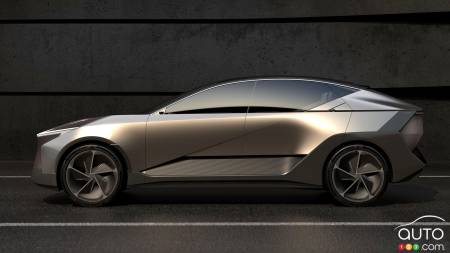• Toyota doesn't expect to be producing solid-state batteries on a large scale any time soon.
In the EV sector, there has been talk for some time of solid-state batteries. These new EV batteries promise to revolutionize performance and range. Toyota, very active in the field, has talked about EVs equipped with them being able to travel between 1,200 and 1,500 km on a single charge.
The automaker has also given 2027-2028 as a likely arrival date for models equipped with solid-state batteries. If those range figures are correct, and if the promised faster charging times are also real, the technology has the potential to be a game-changer.
However, this week we learned that the technology may not arriving all that quickly, and especially not at the scale you might wish for. While officially Toyota isn’t saying anything, its internal Toyota Times publication did state that the deployment of vehicles equipped with these batteries would be limited at first.
As The Drive reports, earlier this month Toyota announced a production partnership with Idemitsu Kosan, a petrochemical company with which it will manufacture solid-state batteries made from a “flexible, highly adhesive, and crack-resistant solid electrolyte material.” Solid electrolyte offers greater energy density, reducing weight and increasing performance, while enabling faster recharging and reducing the risk of fire.
But when can we expect it?
The two companies will launch a first production phase in fiscal 2027. The plan is to then produce several hundred tonnes of the new electrolyte. 2030 brings the next step, mass production, generating several thousand tonnes a year. While the number sounds good, it's not much compared to what’s needed to produce the batteries at very large scale.
The Toyota Times item indicates that that represents enough to power “over ten thousand vehicles”. Clearly, the technology will be reserved for a few models only. And that number is for all markets globally. We imagine that won’t leave a high allotment for a market like Canada.
As you might guess, the first models to get the new technology will higher-end models, since that allows for more quickly recouping development costs. Toyota makes a far bigger profit on sale of a $150,000 Lexus than a $25,000 Corolla.
Notably, the supercar announced by Lexus, which will be based on the Lexus Electrified Sport Concept study, is set to integrate solid-state batteries.
Patience is in order, then. Yes, solid-state batteries are clearly the next big step in the transition to full electric mobility, but it will be at least a good ten years before the technology becomes accessible on a wide scale.




